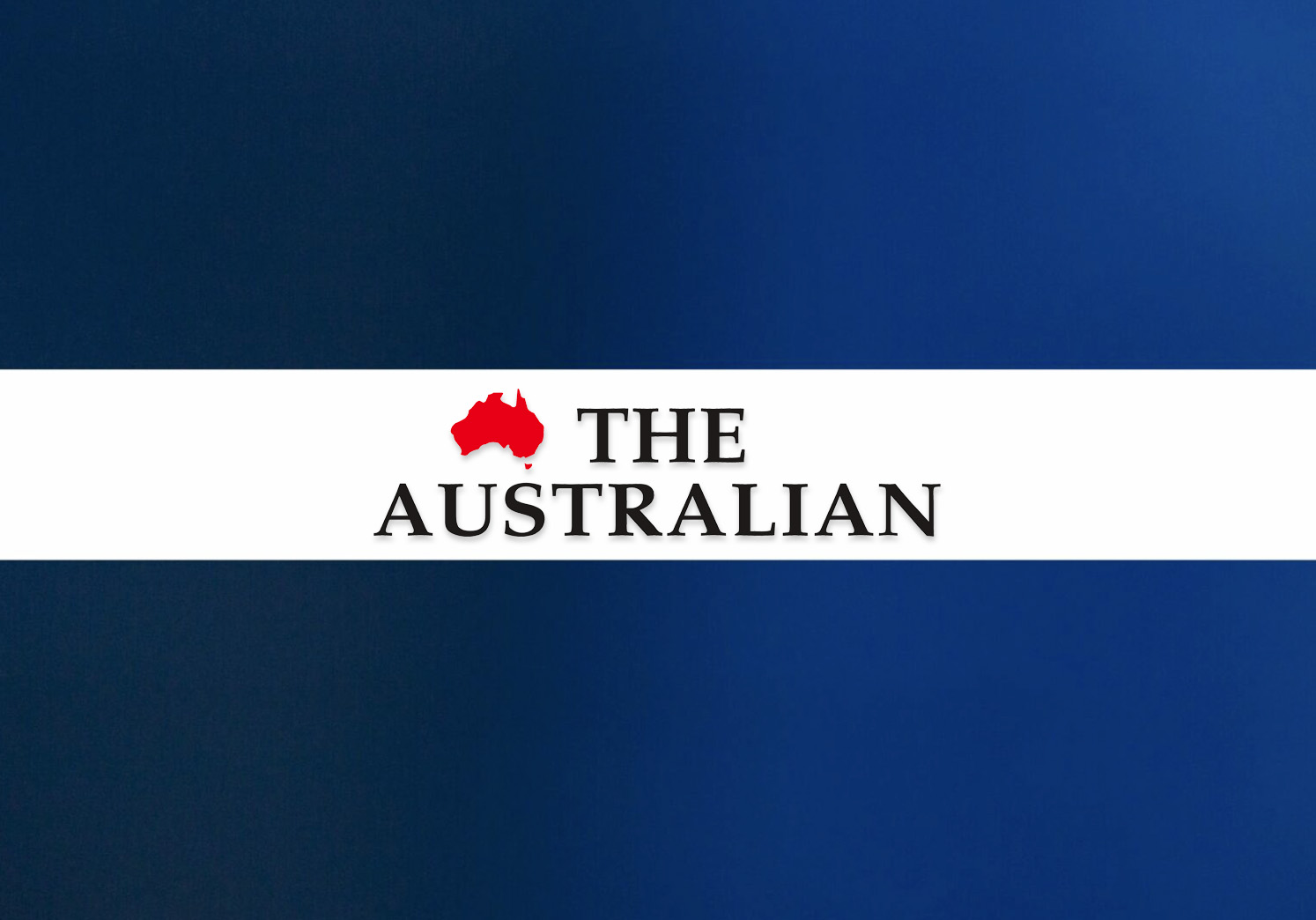
Article by Cally Dupe, courtesy of The West Australian
13.11.2025
Bannister Downs Dairy managing director Sue Daubney has sounded the alarm over the Federal Government’s net zero agenda, warning it could drive the price of milk to more than $7 a litre if rising costs across the supply chain continue unchecked.
The respected WA dairy boss said the industry was being pushed to breaking point by soaring energy prices, mounting regulation, and impractical climate targets that failed to recognise the realities of farming in regional Australia.
“It is tough in business right now . . . and the showstopper is the cost of production,” she said.
“That is a direct consequence of everyone having to cover their costs . . . and that will get worse if we keep going down this path.
“If you want to kill agriculture, net zero is how you do it.”
Her Northcliffe-based business, which has been operating for 20 years and formed a partnership with mining magnate Gina Rinehart in 2014, prides itself on local production but has been hit hard by what Ms Daubney said was an onslaught of rising production costs.
Bannister Downs’ electricity bill alone soared has soared from $21,000 to about $44,000 per month during an 18 month period, while Ms Daubney said the cost of dealing with suppliers had also increased significantly.
She said prices across the farm to store supply chain were already unsustainable and the added burden of implementing net zero goals would force many Australian-owned businesses to close unless consumers were prepared to pay significantly more.
“People will need to be prepared to pay $7.50 per litre for milk if they want to continue to have clean, safe, Australian milk . . . that also can be deemed net zero,” she said.
While she stopped short of providing a detailed breakdown of the $7.50-per-litre estimate, Ms Daubney said the number reflected the cumulative burden of these compounding pressures.
The dairy sector, one of the most energy-intensive parts of Australian agriculture, has faced rising expenses at every step — from feed and fuel to packaging and refrigeration.
Ms Daubney said many small and medium-sized farms were now operating on razor-thin margins, and would be unable to absorb further cost increases without passing them on to consumers.
“Businesses are not flourishing . . . and this feels targeted,” she said.
“Agriculture in particular feel targeted . . . farmers are not going to be able to work around net zero.
“And the average consumer who is thinking that net zero is great, really needs to realise what it will look like for them.”
Ms Daubney’s comments come as debate about net zero heats up, with the Coalition this week abandoning a firm net zero target and siding with the Nationals on dumping the target after weeks of bitter infighting.
Liberal leader Sussan Ley formally unveiled the policy on Thursday but said a future Coalition government would not withdraw from the Paris Agreement, a move Ms Daubney said was “not the right one”.
“Australia is responsible for less than 1 per cent of the world’s emissions,” she said.
“The reality is, we are not going to make any difference . . . and instead, we will ruin our economy.
“We will end up totally reliant on countries that are not taking part in this net zero game.”
Ms Daubney said the nation’s $101 billion agriculture, fisheries and forestry sector was already facing major costs and productivity headwinds, with significant pressure on input costs across the “entire supply chain”.
“All implementing net zero will do is destroy our economy and make us dependent on other countries for our food,” she said.
“We make not only premium food, but safe food in Australia . . . and a lot of people take that for granted.
“It would be really sad to see the cost imposition of net zero force Australian agricultural businesses to close.
Despite concerns about rising costs and the impact of net zero, Bannister Downs still enjoyed a hugely-successful year, scooping more awards during the past 12 months than ever before.
This includes taking out what Ms Daubney described as the “grand prix” of dairy contests for the first time — the Grand Champion Dairy Product at the Australian Grand Dairy Awards.
But instead of celebrating, Ms Daubney has used to win to sound the alarm about the destruction net zero would do to businesses.
“Australian dairy is really high quality . . . it is the best of the best and made so well,” she said.
“So to be crowned the best of the best, you really can’t ask for much more. It shows the consistency in our products.”





